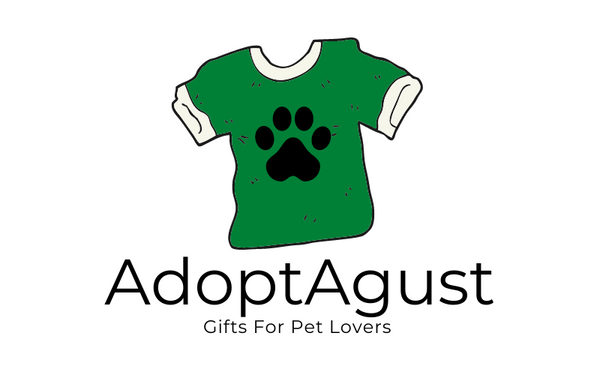
Taking care of elderly dogs requires extra attention and care. Here are some tips to help you keep your senior dog healthy and happy:
- Schedule regular check-ups with your veterinarian: Regular check-ups are essential for monitoring your dog's health, detecting any issues early, and getting prompt treatment.
- Adjust their diet: Senior dogs have different dietary needs than younger dogs. Their metabolism slows down, and they may have trouble digesting certain foods. Consult with your veterinarian to determine the best diet for your senior dog.
- Provide regular exercise: Older dogs may not be as active as once but still need regular exercise to maintain their muscle tone and joint flexibility. However, you should adjust the intensity and duration of their exercise routine according to their age and physical condition.
- Keep them comfortable: Senior dogs may have trouble getting up and down stairs or in and out of cars. Please provide them with comfortable bedding, and consider adding ramps or stairs to help them navigate the house.
- Monitor their behavior: Watch for changes in your dog's behavior, such as increased sleepiness, lethargy, or reluctance to move around. These could be signs of underlying health issues, and prompt veterinary attention may be necessary.
- Provide mental stimulation: Senior dogs may become bored or lonely, so provide them with toys or activities that keep their minds engaged. This could include puzzle toys or short walks in new environments.
- Provide routine grooming: Senior dogs may need extra help with grooming, such as brushing their teeth, trimming their nails, and cleaning their ears. Look for any lumps, bumps, or skin irritations, and consult with your veterinarian if you notice any changes.

By providing your senior dog with regular veterinary care, a healthy diet, exercise, mental stimulation, and a comfortable living environment, you can help them age gracefully and live their best life.

